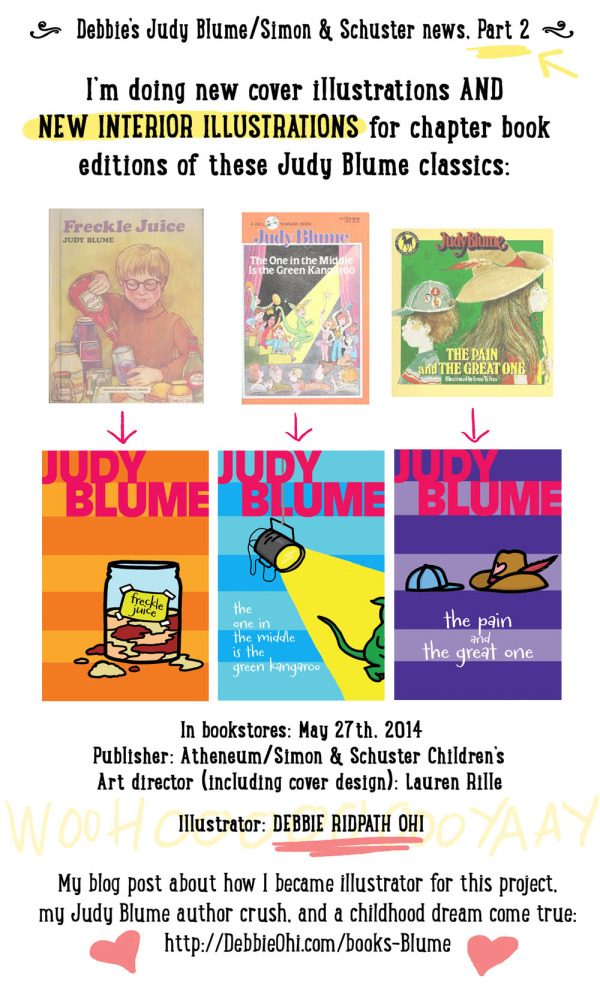It’s the end of the StoryADay May 2014 challenge.
But it is just the beginning of the rest of your writing life.
I hope the challenge this year has opened your eyes to how very, very creative you can be; to how well you can write; and how important it is to the world that you keep writing.
Stay tuned for more information on the upcoming Revisions course and do keep in touch!
The Prompt
An Ending And A Beginning
Tips
Without wishing to sound like a motivational poster, the end of one thing leads to the beginning of something else. Write your story today in that moment of transition.
Will your character struggle with the idea of the ending, or be wildly excited about the new beginning? Will your character’s expectations be upset? By what?
Every stage of life has transitions. Some are expected (leaving school, getting married, starting a new job) and others come completely out of the blue (a death, the end of a friendship, a job offer, a pregnancy, someone else leaving home). Think about how this affects your character’s reaction.
Go to town on this story. Use everything you have learned this month about: how you write best, when you write best, what length works for you, what tone/style works for you, what kinds of characters speak to you most, the kinds of dialogue or description that you enjoy, the use of suspense, beginnings, middles, ends, theme, character, conflict, action, the ways you’ve learned to get yourself into the writing zone… Everything you have worked on in your writing this month is a tool you can use in this story, today. Have fun. Let yourself go. Finish the story.
Get up tomorrow and keep writing.
GO!
AWOOOOOOOOOOHAAAAAA! We have reached the end of the month. Take a moment to let out a whoop of joy and accomplishment (if you finished even one story then you’re a winner in my book. But if you finished 31? I bow in awe!). Then leave a comment, write a blog, pop into the community. Share your joy. Share what you’ve learned. Share your frustrations. Make plans for the future. Tell us, tell us, tell us, and never stop writing!
Thank you for making this month and this challenge so utterly amazing. The world is a better place for having your stories in it!




![why do [these people] never [verb][nouns]?](https://storyaday.org/files/2015/01/IMG_1454-e1421204111875.jpg)




![We can see [nouns]](https://storyaday.org/files/2015/01/IMG_1459-e1421204029533.jpg)
![We can hear [what?]. We can smell [what?]](https://storyaday.org/files/2015/01/IMG_1460-e1421203996911.jpg)



![[Write On Wednesday] Groundhog Day](https://storyaday.org/wp-content/uploads/2012/05/StoryADayWritingPromptFeaturedImage2021_600x338px.jpg)





 PostSecret
PostSecret



